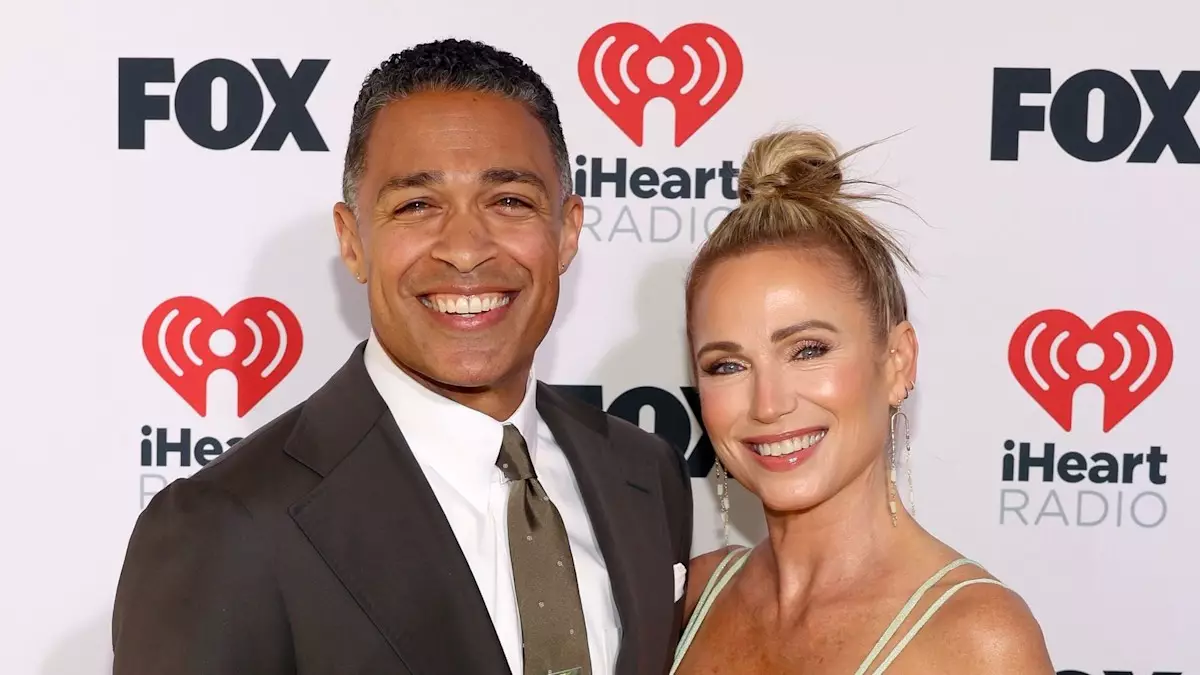T.J. Holmes, a prominent figure in the world of podcasting and media, has recently found himself caught in a whirlwind of familial disapproval and public scrutiny. This reaction stems from his decision to continue running despite suffering significant injuries during the Chicago Marathon. His commitment to training and competing raises important questions about the line between ambition and recklessness. Could his eagerness to return to running actually endanger his health further?
A Close Call and Family Concern
After experiencing a medical emergency that resulted in hospitalization, one might expect a person to take time off for recovery. However, within days, Holmes proudly returned to jogging. While he expressed a strong desire to get back to running, his family, particularly his sister, responded with concern and criticism. They see his premature return as a blatant disregard for his body’s needs, highlighting a critical element of holistic health: listening to one’s body. His decision to post about a “1-mile test run” on social media, even with warnings from family, sparked debates about his judgment, illustrating how difficult it can be to balance passion with practicality.
Holmes leveraged social media to share snippets of his marathon experience, from triumphs to tribulations. In his posts, he showcased a blend of excitement and dismay. He and his girlfriend, Amy Robach, did not shy away from documenting their struggles, including the moment Holmes was unable to continue and required medical assistance. The candidness of their updates provided fans with a real-time account of their marathon journey. Yet, it also raises concerns about the role of social media in influencing athlete behavior, as individuals may feel pressured to maintain a façade of strength or normalcy, even when their bodies are sending clear signals of distress.
The Fine Line Between Determination and Foolhardiness
Despite their intention to run as a form of personal challenge, Holmes and Robach’s marathon experience highlights an essential discussion regarding the importance of preparation and recovery. Holmes’s reflections on their poor start—with no food or fluids prior to the race—underline a crucial aspect of endurance sports: adequate preparation is necessary to ensure safety. Holistically, athletes must prioritize their health above all else, which can often mean taking a step back when the body demands it. Continuing to run post-injury might reflect a lack of understanding about the long-term consequences of ignoring warning signals.
The couple’s determination to run another marathon—just weeks after Holmes’s injury—poses the question: Is this mindset potentially hazardous? While ambition is admirable, it can become detrimental when it overlooks health risks. Both Holmes and Robach seem committed to finishing in New York, driven by a sense of unfinished business. However, the persistent voice of concern from family, friends, and even fans echoes the notion that sometimes walking away is the most courageous decision one can make.
T.J. Holmes’s marathon experience serves as both a personal narrative of determination and a broader cautionary tale about the importance of listening to one’s body. As athletes, whether professional or amateur, we often grapple with the desire to push through pain for the sake of glory. Yet, as Holmes’s story demonstrates, that pursuit can lead to severe setbacks. Recognizing and respecting our physical limitations is an ongoing challenge in the world of sports. Moving forward, it is vital for athletes to prioritize their health, take injuries seriously, and understand that sometimes, the bravest choice is to step back and allow recovery. After all, there will always be other races, but health is irreplaceable.

